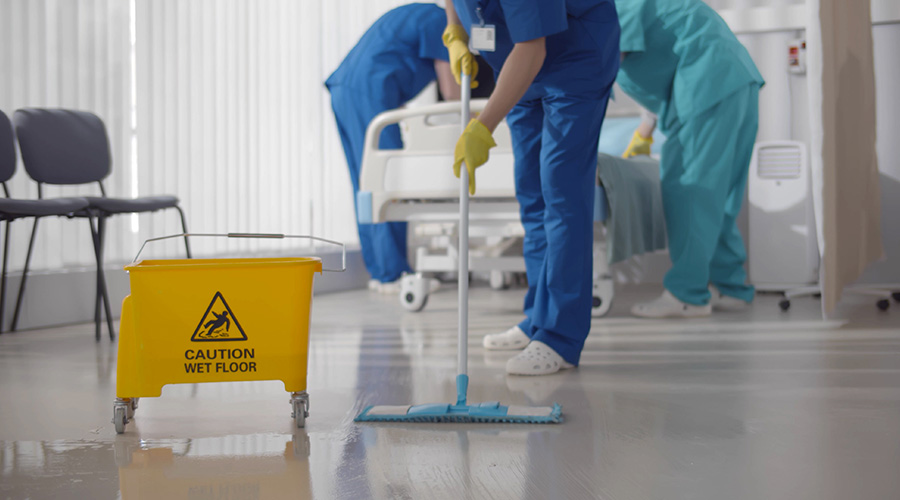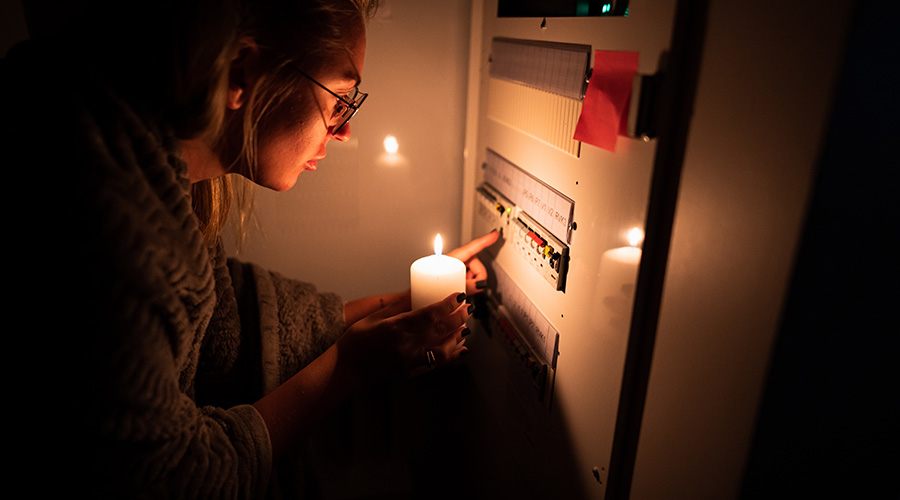Housekeeping and sanitizing measures have become the centerpieces of efforts in many institutional and commercial facilities to control the spread of COVID-19. A new study sheds light on just how critical these measures are to the wellbeing of patients in healthcare facilities.
The COVID-19 infection can cause a number of complications, including hypoxia, acute respiratory distress syndrome, multiorgan failure, and, in some cases, secondary bloodstream infections (SBI), which emerge in the wake of an already existing infection. The presence of one infection often creates a conducive environment for other microbes to grow, which leads to SBIs, according to Firstpost.
A new study published in the journal Clinical Infectious Diseases reveals that the presence of such SBIs when a patient has COVID-19 can lead to severe disease and worse health outcomes. The study suggests SBIs often occur in people with influenza and other viral respiratory illnesses. This is because these viral infections affect the immune responses in such a way that it results in severe inflammation and the contracting of secondary infections.
The study concluded that severe COVID-19 patients who developed nosocomial SBIs had prolonged hospital stays and worse clinical outcomes than COVID-19 patients without SBIs. This shows that antimicrobial measures in hospitals and healthcare facilities with COVID-19 wards need to be amped up.
Click here to read the article.

 Building Sustainable Healthcare for an Aging Population
Building Sustainable Healthcare for an Aging Population Froedtert ThedaCare Announces Opening of ThedaCare Medical Center-Oshkosh
Froedtert ThedaCare Announces Opening of ThedaCare Medical Center-Oshkosh Touchmark Acquires The Hacienda at Georgetown Senior Living Facility
Touchmark Acquires The Hacienda at Georgetown Senior Living Facility Contaminants Under Foot: A Closer Look at Patient Room Floors
Contaminants Under Foot: A Closer Look at Patient Room Floors Power Outages Largely Driven by Extreme Weather Events
Power Outages Largely Driven by Extreme Weather Events